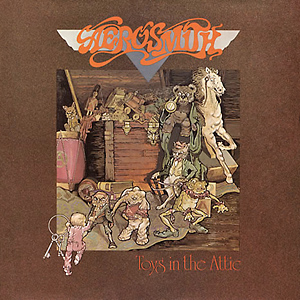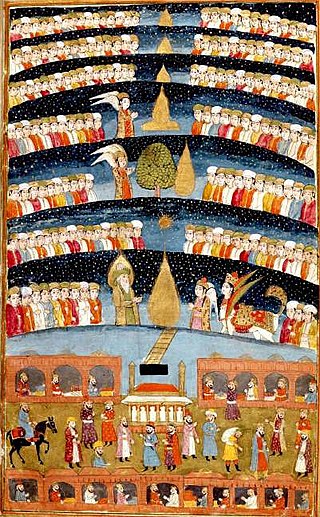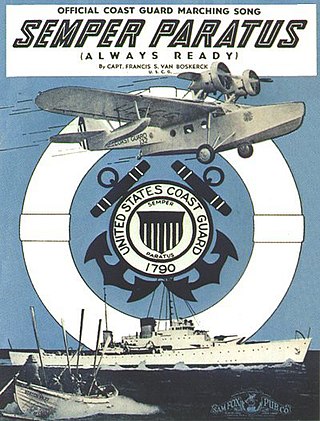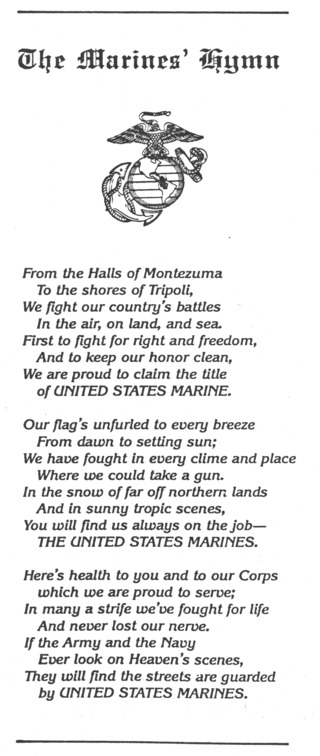Related Research Articles

"Advance Australia Fair" is the national anthem of Australia. Written by Scottish-born Australian composer Peter Dodds McCormick, the song was first performed as a patriotic song in Australia in 1878. It replaced "God Save the Queen" as the official national anthem in 1974, following a nationwide opinion survey, only for "God Save the Queen" to be reinstated in January 1976. However, a plebiscite to choose the national song in 1977 preferred "Advance Australia Fair", which was in turn reinstated as the national anthem in 1984. "God Save the Queen" became the royal anthem, and is used at public engagements attended by the King or members of the monarchy of Australia. The lyrics of the 1984 version of "Advance Australia Fair" were modified from McCormick's original and its verses were trimmed down from four to two. In January 2021, the official lyrics were changed once again, in recognition of the long habitation of Indigenous Australians.

David Hume was a Scottish Enlightenment philosopher, historian, economist, librarian, and essayist, who is best known today for his highly influential system of philosophical empiricism, skepticism, and naturalism. Beginning with A Treatise of Human Nature (1739–40), Hume strove to create a naturalistic science of man that examined the psychological basis of human nature. Hume followed John Locke in rejecting the existence of innate ideas, concluding that all human knowledge derives solely from experience. This places him with Francis Bacon, Thomas Hobbes, John Locke, and George Berkeley as an empiricist.

"God Save the King" is the national anthem of the United Kingdom and the royal anthem of each of the British Crown Dependencies, one of two national anthems of New Zealand, and the royal anthem of most Commonwealth realms. The author of the tune is unknown and it may originate in plainchant, but an attribution to the composer John Bull has sometimes been made.

In Abrahamic religions, the Garden of Eden or Garden of God, also called the Terrestrial Paradise, is the biblical paradise described in Genesis 2–3 and Ezekiel 28 and 31.

"The Maple Leaf Forever" is a Canadian patriotic song written by Alexander Muir (1830–1906) in 1867, the year of Canada's Confederation. He wrote the work after serving with the Queen's Own Rifles of Toronto in the Battle of Ridgeway against the Fenians in 1866.

In common usage and in philosophy, ideas are the results of thought. Also in philosophy, ideas can also be mental representational images of some object. Many philosophers have considered ideas to be a fundamental ontological category of being. The capacity to create and understand the meaning of ideas is considered to be an essential and defining feature of human beings.

Toys in the Attic is the third studio album by American rock band Aerosmith, released on April 8, 1975, by Columbia Records. Its first single, "Sweet Emotion", was released on May 19 and the original version of "Walk This Way" followed on August 28 in the same year. The album is the band's most commercially successful studio LP in the United States, with nine million copies sold, according to the RIAA. In 2003, the album was ranked No. 228 on Rolling Stone's list of The 500 Greatest Albums of All Time. The album's title track and their collaboration with Run-DMC on a cover version of "Walk This Way" are included on the Rock and Roll Hall of Fame list of the "500 Songs that Shaped Rock and Roll".

In Islam, Jannah is the final abode of the righteous. According to one count, the word appears 147 times in the Qur'an. Belief in the afterlife is one of the six articles of faith in Sunni and Twelver Shi'ism and is a place in which "believers" (Mumin) will enjoy pleasure, while the unbelievers (Kafir) will suffer in Jahannam. Both Jannah and Jahannam are believed to have several levels. In the case of Jannah, the higher levels are more desirable, and in the case of Jahannam, the lower levels have a higher level of punishments. — in Jannah the higher the prestige and pleasure, in Jahannam the severity of the suffering. The afterlife experiences are described as physical, psychic and spiritual.

"Happy Together" is a song written by Garry Bonner and Alan Gordon and recorded by American rock band the Turtles. It was released as a single, backed with (b/w) "Like the Seasons", in January 1967, and peaked at number one on the US Billboard Hot 100, becoming the band's first and only chart-topper there. It also reached the top 20 in various countries, including number 2 in Canada and number 12 in the UK. It was later included on the Turtles' third studio album of the same name (1967).

"Georgia on My Mind" is a 1930 song written by Hoagy Carmichael and Stuart Gorrell and first recorded that same year by Hoagy Carmichael at the RCA Victor Studios at 155 East 24th Street in New York City. However, the song has been most often associated with soul singer Ray Charles, who was a native of the U.S. state of Georgia and recorded it for his 1960 album The Genius Hits the Road.
"On, Wisconsin!" is the fight song of the Wisconsin Badgers at the University of Wisconsin–Madison. A version with modified lyrics is the official state song of Wisconsin.
"Rum and Coca-Cola" is a popular calypso song composed by Lionel Belasco with lyrics by Lord Invader. The song was copyrighted in the United States by entertainer Morey Amsterdam and was a hit in 1945 for the Andrews Sisters.

"Simple Gifts" is a Shaker song written and composed in 1848, generally attributed to Elder Joseph Brackett from Alfred Shaker Village. It became widely known when Aaron Copland used its melody for the score of Martha Graham's ballet, Appalachian Spring, premiered in 1944.

"On the Banks of the Wabash, Far Away" was among the best-selling songs of the 19th century, earning over $100,000 from sheet-music revenues. Written and composed by American songwriter Paul Dresser, it was published by the Tin Pan Alley firm of Howley, Haviland and Company in October 1897. The lyrics of the ballad reminisce about life near Dresser's childhood home by the Wabash River in Indiana, United States. The song remained popular for decades, and the Indiana General Assembly adopted it as the official state song on March 14, 1913. The song was the basis for a 1923 film of the same title. Its longtime popularity led to the emergence of several lyrical versions, including an 1898 anti-war song and a Swedish version that was a number-one hit.

Robert Stanley Weir was a Canadian judge and poet most famous for writing the English lyrics to "O Canada", the national anthem of Canada. He was educated as a teacher and lawyer and considered one of the leading experts of the day on Quebec's municipal civil law. He was appointed a municipal court judge and a judge for the Exchequer Court of Canada.

"The U.S. Air Force" is the official song of the United States Air Force, adopted in the late 1940s, and is often referred to as "Wild Blue Yonder".

"Semper Paratus" is a 1928 song and the official march of the United States Coast Guard, having been composed in 1927 by U.S. Coast Guard Captain Francis Saltus Van Boskerck.

"Hail to Pitt" is the most traditional fight song of the University of Pittsburgh, which is commonly referred to as Pitt. The saying "Hail to Pitt!" is also the most traditional and commonly used slogan of the University of Pittsburgh and its athletics teams. The slogan is frequently used in promotional material, printed on merchandise and souvenirs. It was also the title of a 1982 history of Pitt athletics by author Jim O'Brien. The slogan is often used among alumni as a statement of affiliation, including as a closing signature in conversation or correspondence between alumni, and is sometime abbreviated as "HTP" or "H2P", the latter of which is a registered trademark of the university and is frequently used on official university signage and merchandise.

The "Marines' Hymn" is the official hymn of the United States Marine Corps, introduced by the first director of the USMC Band, Francesco Maria Scala. Its music originates from an 1867 work by Jacques Offenbach with the lyrics added by an anonymous author at an unknown time in the following years. Authorized by the Commandant of the Marine Corps in 1929, it is the oldest official song in the United States Armed Forces. The "Marines' Hymn" is typically sung at the position of attention as a gesture of respect, akin to a national anthem. However, the third verse is also used as a toast during formal events, such as the birthday ball and other ceremonies.
References
- ↑ Idaho Blue Book. State of Idaho. 2004.
- 1 2 3 "Garden of Paradise".
- ↑ Randy Stapilus (19 October 2010). It Happened in Idaho: Remarkable Events That Shaped History. Rowman & Littlefield. pp. 113–. ISBN 978-0-7627-6704-5.
- ↑ "Idaho Profile" (PDF). Sos.idaho.gov. Retrieved March 21, 2022.
- ↑ Rebecca Stefoff (2008). Idaho. Marshall Cavendish. p. 106. ISBN 978-0-7614-3003-2.
- ↑ The Bulletin. Missouri Historical Society. 1962.